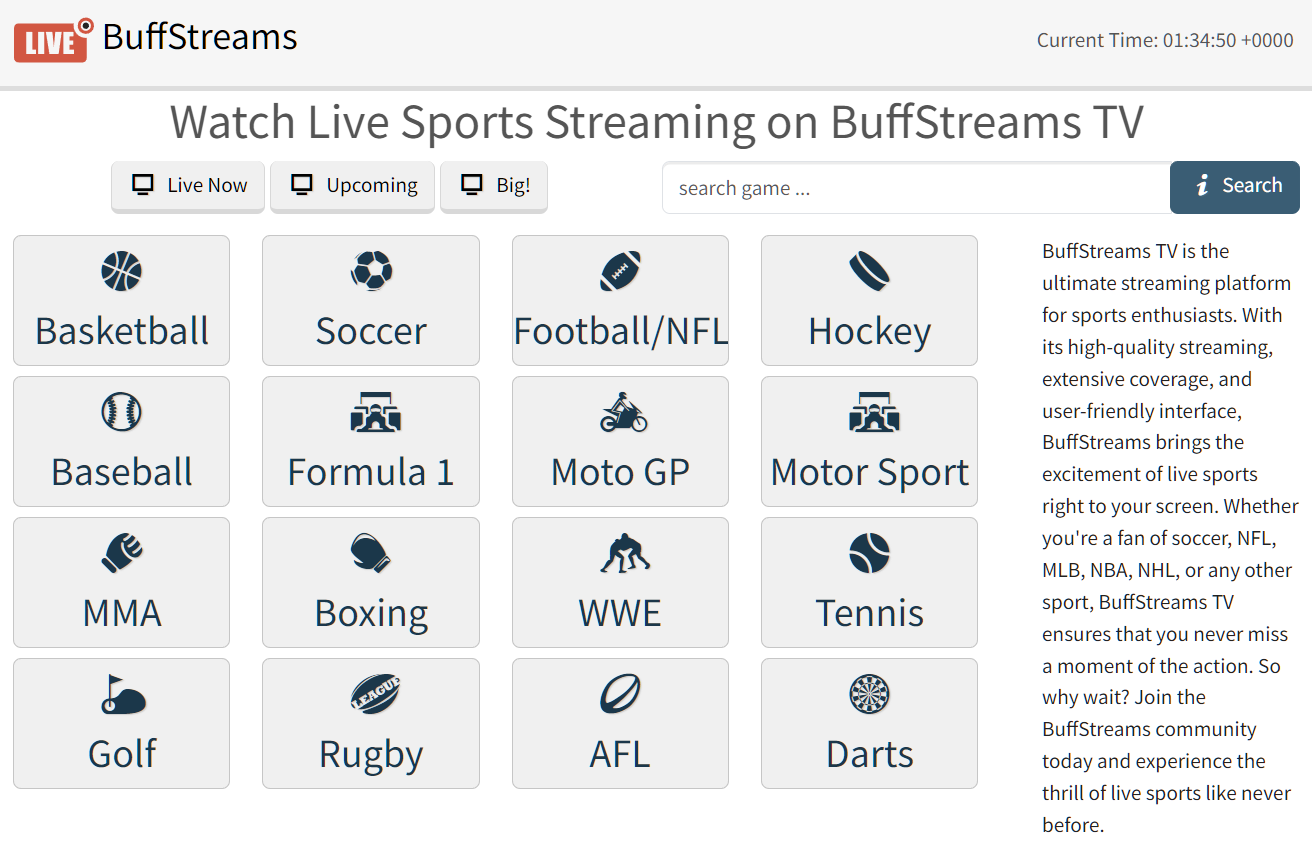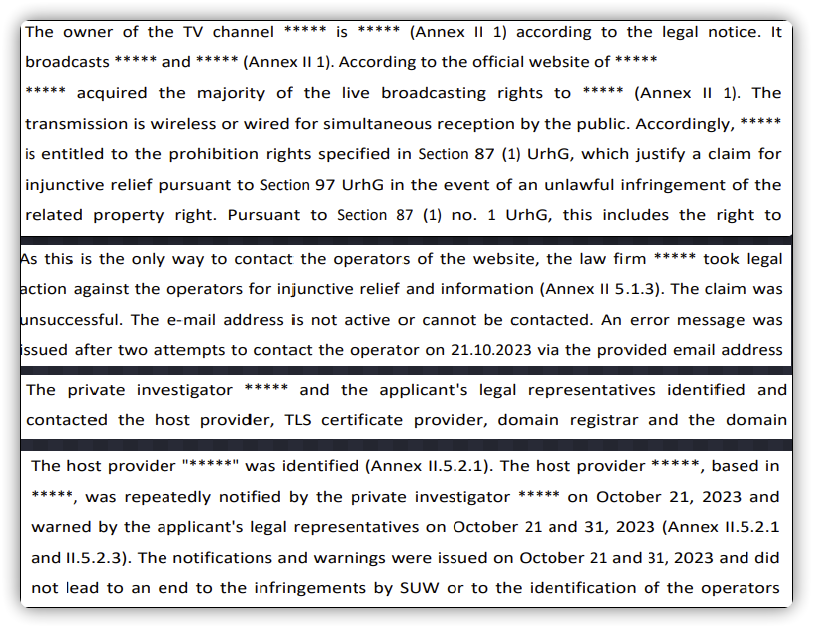 How can we be sure that site-blocking really works? Because if it didn’t work, I was informed recently, rightsholders wouldn’t keep filing new site-blocking requests at a record-breaking pace, and then return for even more soon after.
How can we be sure that site-blocking really works? Because if it didn’t work, I was informed recently, rightsholders wouldn’t keep filing new site-blocking requests at a record-breaking pace, and then return for even more soon after.
While it’s true that demand for site-blocking measures has never been greater, the sarcastic response above alludes to something that doesn’t really work, or at least doesn’t remain effective for very long. Rising piracy rates, broad content availability, and easily circumvented blocking measures may even support that theory.
Nevertheless, movie and TV show companies, broadcasters, and sports leagues insist that blocking remains valuable as part of a diverse anti-piracy toolkit.
The anti-piracy arena has certainly come a long way. Among other reported blocking successes, early studies concluded that when pirate site domains are subjected to blocking, fewer visits are made to those specific domains. While a fairly obvious conclusion to arrive at years ago when that type of metric was first rolled out, today it’s pretty much meaningless and the supply of domains is endless.
Germany Prepares to Take on BuffStreams
As a relative newcomer to site-blocking, Germany doesn’t find itself shackled to the past. In the UK, where blocking measures have existed since the start of the last decade, the process is steeped in the traditions of legal scrutiny and judicial oversight. Proponents of site-blocking today prefer something less formal; in Germany, a partnership between copyright holders and ISPs was deemed appropriate.
The Clearing Body for Copyright on the Internet (CUII) operates an administrative program; sites suitable for blocking are detailed in reports which are sent for the consideration of an Audit Committee consisting of retired judges familiar with copyright.
For a platform to be blocked by Germany’s ISPs, the committee must conclude that the site is structurally infringing, a standard applied in the UK’s first ever site blocking injunction back in 2011.
The Audit Committee recently considered a proposal to block BuffStreams, one of the more popular live sports streaming portals boasting millions of visitors each month.

BuffStreams Infringed the Exclusive Rights of *****
The Audit Committee’s report notes that the applicant in the blocking matter has legal standing as the “owner of exclusive rights to an ancillary copyright of a broadcasting company.” Since all identifiers have been redacted, including references to the allegedly-infringing TV broadcast, it’s not possible to identify any of the parties involved.
What is clear is that considerable effort was expended to make contact with BuffStreams but ultimately, nothing paid off.

“Based on the user figures determined by the internet service *****, 15.03 million users visited BuffStreams in the period from August 1, 2023 to October 31, including around 500,000 visitors from Germany,” the report adds.
Blocking Approved – One More Stage
In conclusion, BuffStreams easily met the structurally infringing standard. A 14-day survey period last September found a total of 5,321 links to live broadcasts, reduced to 2,429 when accounting for duplicates. At least 96% of those links were considered unlicensed, leading to the conclusion that BuffStreams is indeed infringing and therefore suitable for blocking (pdf, German).
The case will now be referred to the German government’s Federal Network Agency (BNetzA) to confirm that blocking BuffStreams will not violate net neutrality; things haven’t always gone smoothly. Once that hurdle has been passed, ISPs will receive the green light to tamper with their DNS records so that customers in Germany can’t reach the site. At least, those who don’t understand how DNS servers work.
DNS Blocking / Backup Domains
The CUII website references the domain buffstreams.sx but the Audit Committee’s report mentions only the headline brand BuffStreams, with other domains redacted. With at least a couple of dozen domains and other options at its disposal, BuffStreams seems likely to take any blocking attempts in its stride.
Being listed in an Indian ISP blocking order (CS(COMM) 470/2022) in July/August 2022 didn’t end in disaster, neither did its addition to Italy’s blocklist last September (326/23/DDA). At least one confirmed domain has been on Indonesia’s blocklist for several years, and we’re informed that Portugal has blocks in place too
–
Sites listed for blocking in Germany since 2021 include: s.to, canna.to, nsw2u.com, newalbumreleases.net, bs.to, streamkiste.tv, kinox.to, cine.to, serienjunkies.org, taodung.com, israbox, jokerlivestream, serienfans.org, filmfans.org
Members of CUII include: 1&1 AG (telecoms), German Book Traders’ Association, Federal Music Industry Association (BVMI), German Football League (DFL), Freenet DLS (telecoms), German Games Industry Association, Motion Picture Association (MPA), Sky Deutschland, STM (publishers), Telefónica Germany, Telekom Germany, German Film Producers Association (VDF), and Vodafone Germany.






